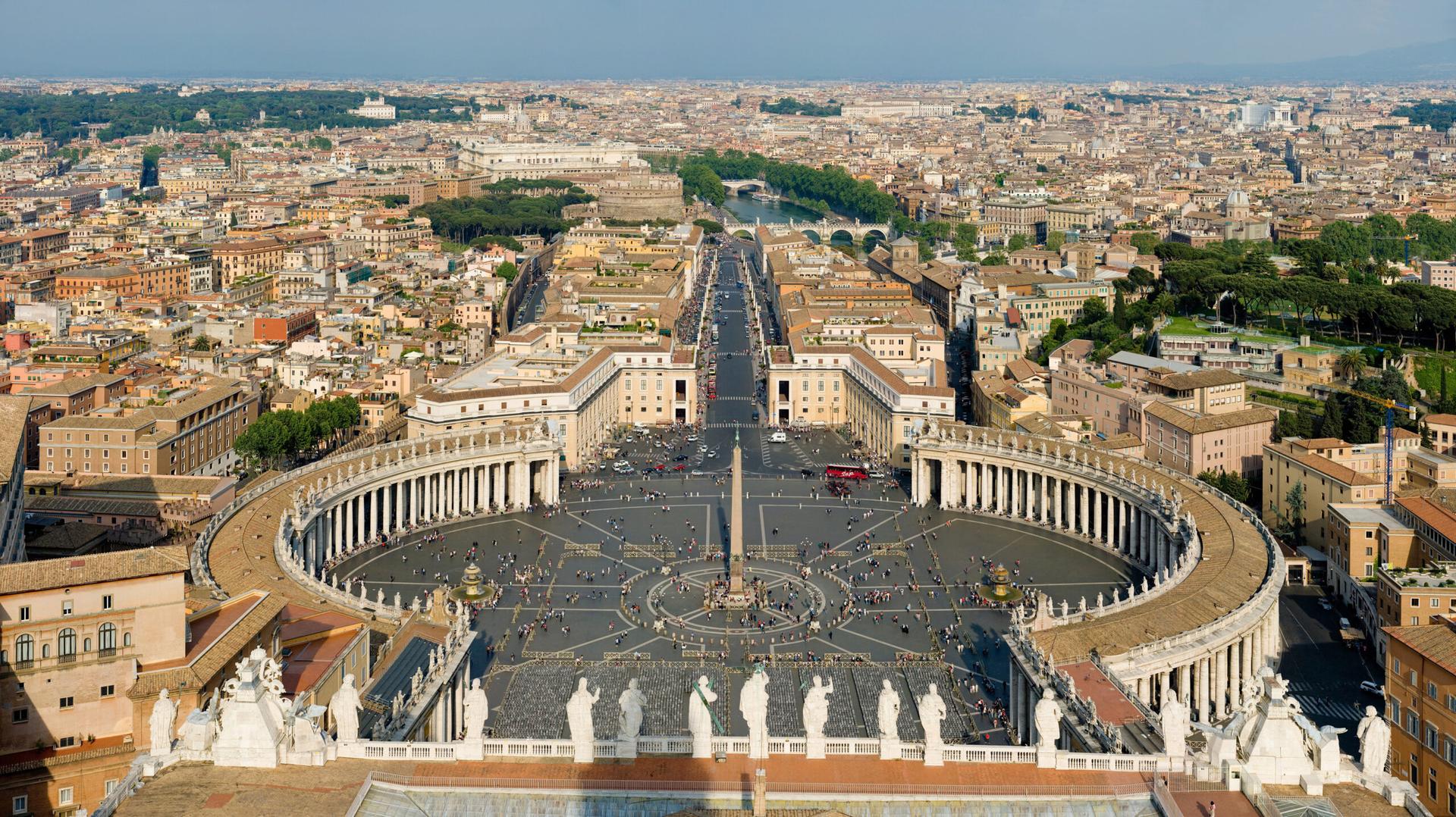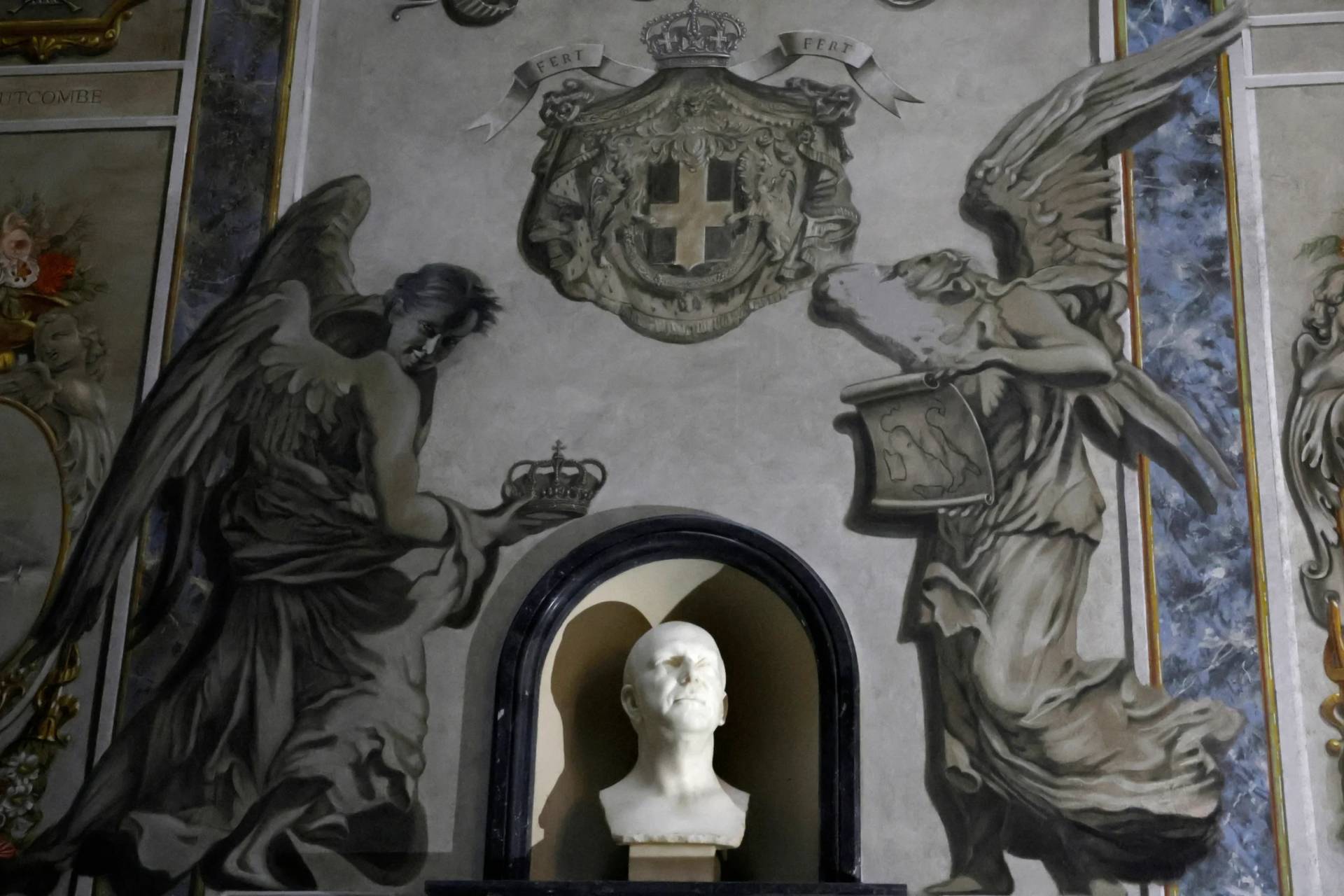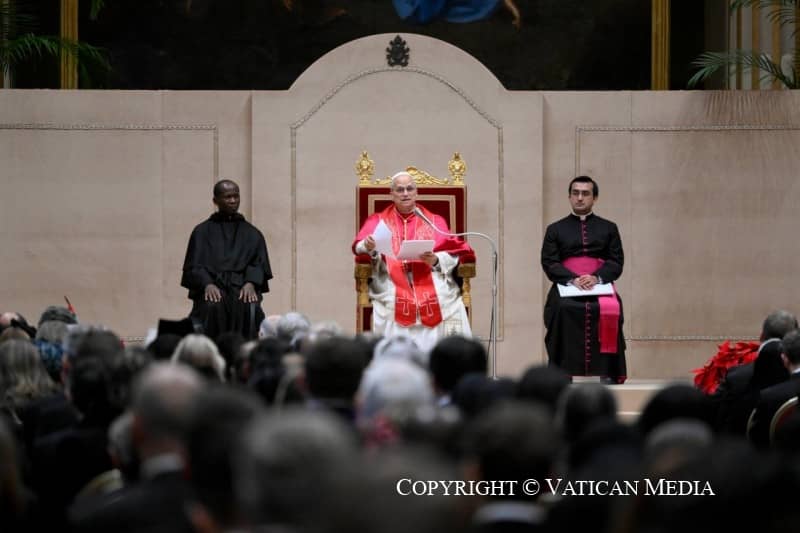I was still working at Vatican Radio when Pope Benedict XVI announced he was resigning his office, way back in 2013.
It shocked the world – it shocked Vatican staff – and it added something unusual to the chance any impending change in papal leadership offers Catholics, as they reflect on the state of the Church. Big ideas were in the air. I was focused on practicalities.
Before the election of Pope Francis, I wrote something about the issues facing the Vatican and the Church in 2013. As we enter a new “historic period” in 2025 – Pope Leo XIV is the first U.S.-born pontiff – it might be interesting to look back at it.
One of my suggestions was for a sweeping reform of Church law regarding crimes of sexual abuse. “[A]fter consulting both canon and prominent civil lawyers and sexual abuse experts,” I wrote (in a Facebook “note” in case anyone remembers those), the new pontiff should “issue a comprehensive motu proprio” defining and setting out the punishment for crimes of sexual abuse (not only of children), for the use of child pornography, etc.
I thought the reform law should “include provisions for those guilty of covering up crimes, and knowingly transferring abusive priests,” and I thought it should “cover everyone, including bishops.”
It was especially important that the new law make clear that “laicization is not the ‘most extreme’ penalty, meaning any extenuating circumstances would disallow its application.” I called for “proactive provisions, requiring dioceses to open their files and look for cases of sexual abuse, always cooperating with civil authorities.”
“The motu proprio should have section dealing with countries where the Church is being oppressed, so bishops in those areas do not have to improvise,” I also wrote in 2013.
Pope Francis did a good deal of that, but not all of it. He did what he did piecemeal, rather than in a single sweeping act of legislation (though Vos estis lux mundi did much on paper, at least), and also did not always follow the new laws he made.
I also said the Curia needs to be “de-Italianized” and that the new pope should give more posts to people from other countries, noting that a priest from Ottawa may end up the Secretary of Pontifical Council, but he cannot really make it a career goal in seminary; a seminarian in Naples can make curial service his goal, and that breeds careerism in the Vatican.
One change I called for is that English be made a “working language” at all the Vatican: It already is at the Vatican Observatory, and is a working language at United Nations offices located in Rome.
One would think a pope from the United States would move the needle on that, but the English-language translations of papal statements have continued – so far – to come out in other languages before they come out in English. This hasn’t always happened, but it has happened often enough.
Vatican journalist Robert Mickens voiced his frustration on this in an interview with the National Catholic Reporter, blaming the Italians working in the Vatican being in opposition to the greater use of English.
“They are afraid of losing their control over the Church, and that control depends on Italian being the main language of the Roman Curia,” he said.
In my 2013 comments, I also pointed out that much of the behavior at the Vatican which makes people shake their heads across the world “seems perfectly normal in the world of [former Italian Prime Minister Silvio] Berlusconi and the 5-Star Movement.” (It is fair to note that one could argue the United States is in a similar situation now.)
I also said higher-ranking staff positions in the Curia should be advertised, “and some form of oversight in hiring established to put an end to any nepotism.”
“Salaries should be increased, so capable non-Italian laypeople can afford to work at the Vatican,” I wrote twelve years ago, and with the spike in inflation, salaries have functionally decreased at the Vatican since then.
Although there has been a lot of push back on how “synodality” has been advocated under Francis, I also wrote about the need for a greater use of Synods in the Catholic Church before his election.
“Although I think my advice on the Curia is wonderful, others might also have ideas. The reform of the Curia has been mentioned by many of the Cardinals in the lead up to the Conclave, and is a constant item of discussion among bishops. Perhaps the best idea is to hold a meeting of the Synod of Bishops on the topic,” I wrote in 2013.
“This lets the bishops and members of the Curia discuss the issue in an institutional setting, and may produce many good ideas for reform. It might also lead to the Synod of Bishops tackling some more practical issues, as opposed to the broader, more ethereal topics it usually handles,” I continued.
“Church governance can also be reformed on the local level. In a nutshell, bishops have too much power. The restraints which exist are easily circumvented. First of all, a bishop has only one boss: The Pope. The Metropolitan Archbishops have no real power. Give them some, perhaps beginning with the motu proprio I suggested earlier. End provisions of term limits for pastors, which have made them susceptible to retaliation, give certain bodies more powers, such as the College of Consultors/Cathedral Chapter,” my note continued.
“And increase the role of the laity in the administration of the goods of the Church. I am not talking about voting on Church doctrine, but laypeople have built up Church institutions for generations, only to see them sold to pay lawyer fees over sex abuse. Bishops, and parish pastors, have almost unlimited power to dispose of the temporal goods of the Church, and the people who actually put money in the basket have no say. This needs to stop,” I added.
“We can see how other denominations handle these issues, and learn a little something. Another institution that needs to be revived is the Diocesan Synod. I would suggest reviving the 1917 Code provision that one be held every 10 years, and include a wide variety of members of the Church. Synods could also be called to discuss particular issues. Maybe if Synods had been called in the wake of the sexual abuse crisis, or in dioceses which needed to consolidate parishes, the people would have been less angry than they were after decisions were made after very secretive ‘consulting committees’ were used to push through unpopular policies,” the 2013 writings suggested.
Those were the musings of a Vatican employee a bit younger than he is today – it goes without saying – but August is the warmest month in Rome (and usually the slowest, too). Pondering the past is one way to avoid the heat.
More than a dozen years later, it is anyway interesting to look at how the Holy See has changed, and how it hasn’t. To do so may give us an inkling of what’s in store for the Church as Pope Leo XIV begins really to govern.
Follow Charles Collins on X: @CharlesinRome















